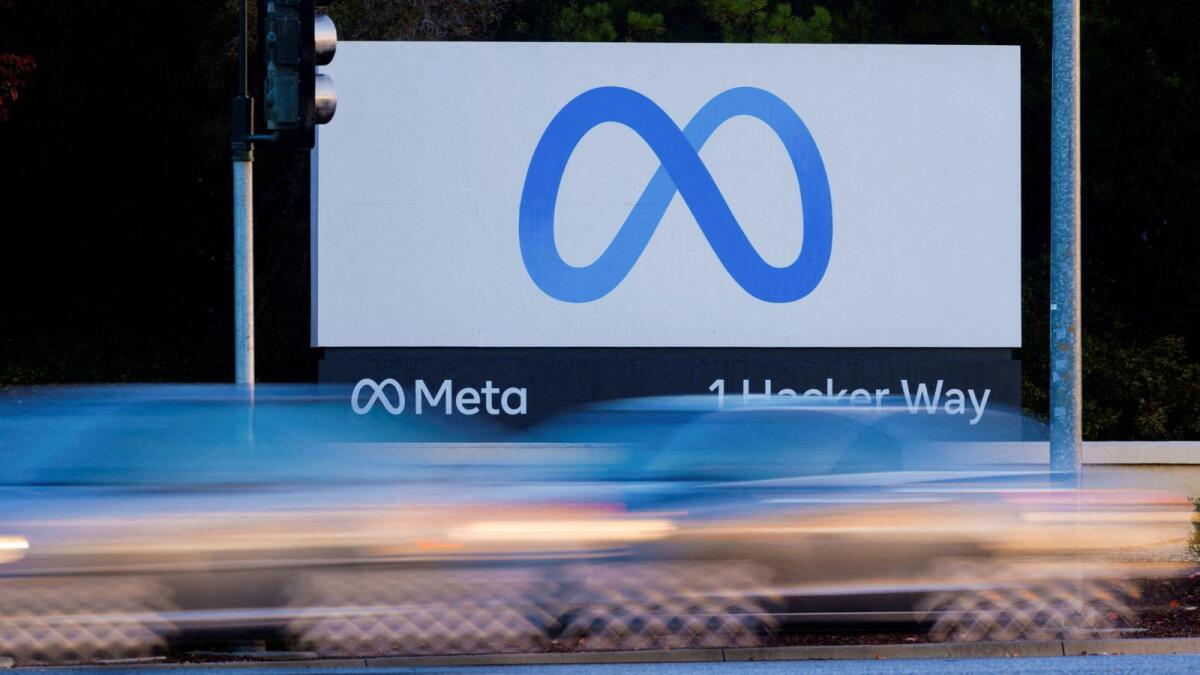Meta Platforms, previously known as Facebook, is facing a potential fine of up to $3.62 million after losing a lawsuit filed by Brazilian department store chain Havan. The lawsuit accused Meta of accepting paid advertisements that fraudulently used the retailer’s name to deceive consumers. As a result of the lawsuit, a Santa Catarina state judge ruled that Meta must block ads that were not contracted by Havan within 48 hours or face fines that could reach up to 20 million reais.
The judge, Joana Ribeiro, expressed her dissatisfaction with Meta’s practice of selling ads in an insecure manner to sustain its business model. In response to the ruling, Havan released a statement referring to the decision as a landmark in protecting the company’s and its owner Luciano Hang’s rights. Meta declined to comment on the situation, and the company retains the option to appeal the judge’s decision.
Havan’s lawsuit against Meta claims that the social media company profits from illicit ads without taking responsibility or verifying their legitimacy. This lack of oversight has resulted in fraud victims suing the retailer for damages. Earlier this year, Reuters’ fact-checking service in Brazil confirmed the presence of three false Havan ads on Meta platforms that featured Hang’s image. These ads displayed signs of artificial intelligence being used to imitate the businessman’s voice and led victims to pay for non-existent products.
The fraudulent ads not only deceive consumers but also harm the reputation and financial wellbeing of legitimate businesses like Havan. The lawsuit against Meta highlights the need for tech companies to take responsibility for the content on their platforms and implement measures to prevent fraudulent activities. The ruling in favor of Havan sets a precedent for holding social media companies accountable for the ads they display and the potential harm they can cause to consumers and businesses.
Moving forward, Meta may need to reassess its ad policies and procedures to avoid similar legal challenges in the future. By enhancing its verification processes and implementing stricter guidelines for ad content, Meta can help prevent fraudulent activities and protect businesses and consumers from falling victim to deceptive ads. The outcome of this lawsuit serves as a reminder that digital platforms must prioritize integrity and transparency to maintain the trust of users and uphold ethical standards in the online advertising industry.











